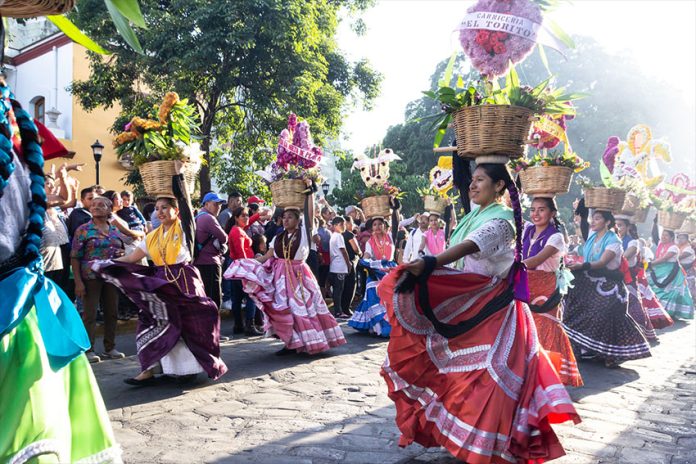The UNESCO World Conference on Cultural Policies and Sustainable Development — Mondiacult 2022 — will be held Sept. 28 to 30 in Mexico City.
The event comes 40 years after the first Mondiacult conference was held in the capital in 1982 and 24 years after the UNESCO World Conference on Cultural Policies for Development held in Stockholm in 1998. The global conference will look at the cultural sector worldwide and seek to find ways to better incorporate the needs of culture and its promotion into policy-making, as well as map current cultural trends, including the repercussions of the COVID-19 pandemic for arts and culture.
The conference will also look at how culture can assist nations in reaching the United Nation’s Sustainable Development Goals, announced in 2015 and adopted by United Nations member states as a universal call to action to end poverty, protect the planet, and ensure that by 2030 all people enjoy peace and prosperity. There are many global challenges faced by the cultural sector worldwide — climate change, job precarity, and freedom and diversity of expression just to name a few. The conference will look at ideas on how culture and the governmental policies that surround it can help to support artists, communities, and organizations involved in cultural promotion.
Ernesto Ottone, assistant director of culture at UNESCO, says that Mexico’s real goal at Mondiacult 2022 is not just to host a successful conference but also help to produce successful results:
“The challenge is that Mexico, with a long and renowned tradition of diplomacy, is able to create consensus around the agenda of the future…. From two and a half years ago when the planning process for this event began, it was understood that Mexico has a role to play in working toward future policies that will go beyond the tools that already exist on an international level.”
The conference will bring together representatives from 193 countries including ministries of culture, members of civil society, non-profit organizations, and other organizations worldwide. The hope is that participants can help to solidify culture as a global public good, and promote its value and importance for the future of society.
With reports from UNESCO, Gobierno de México and El Pais
